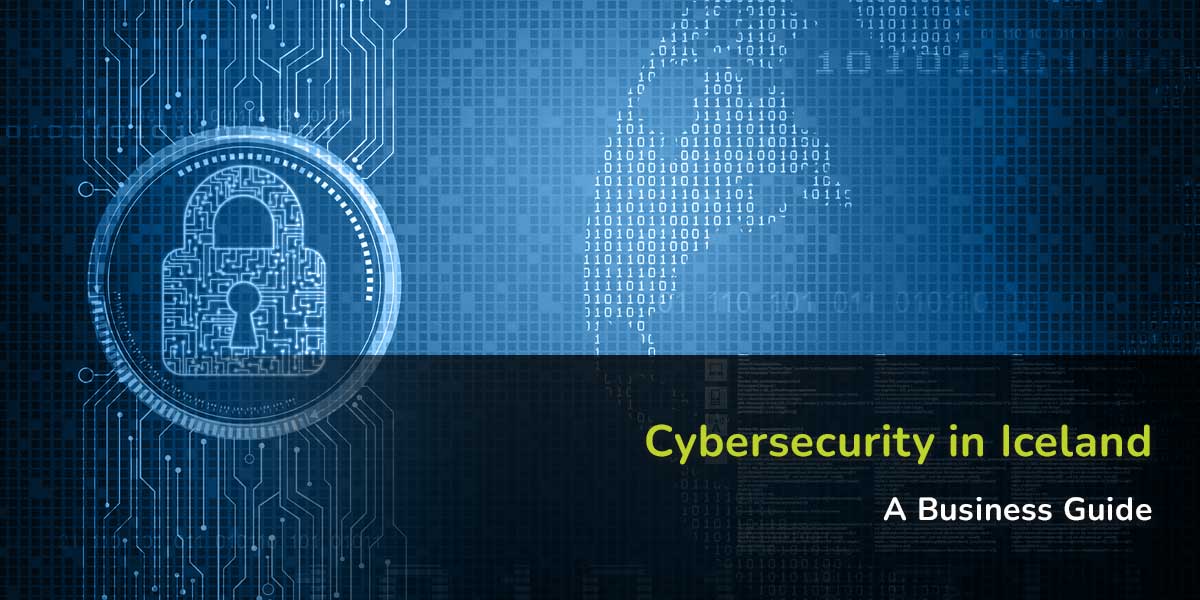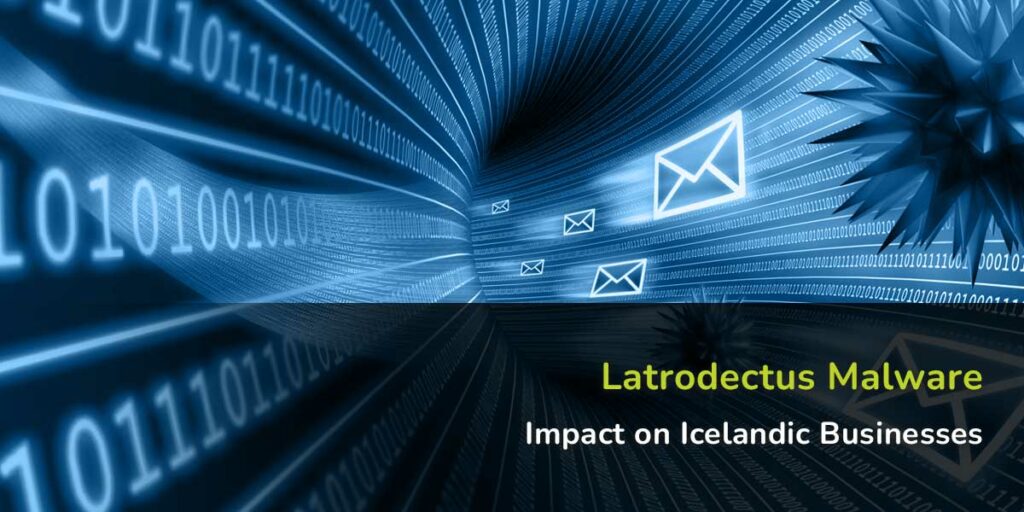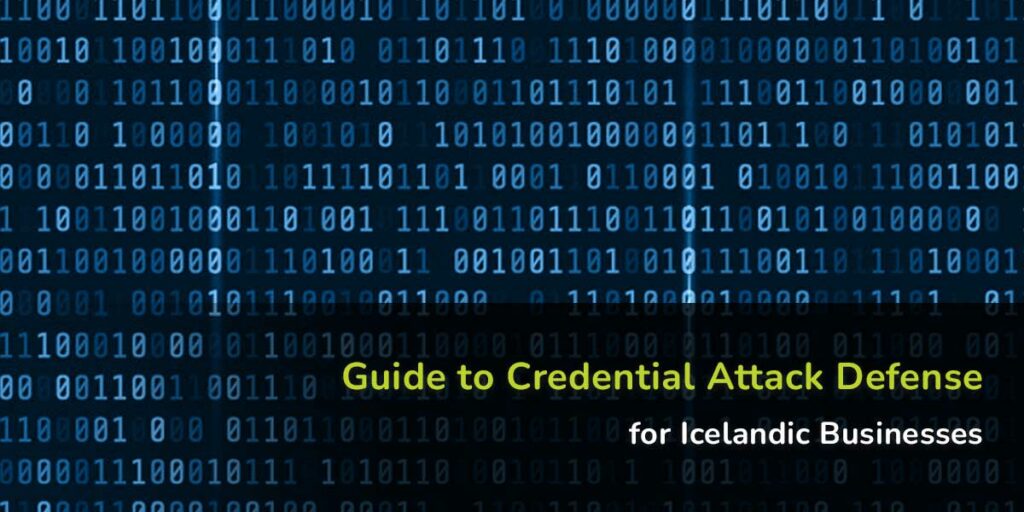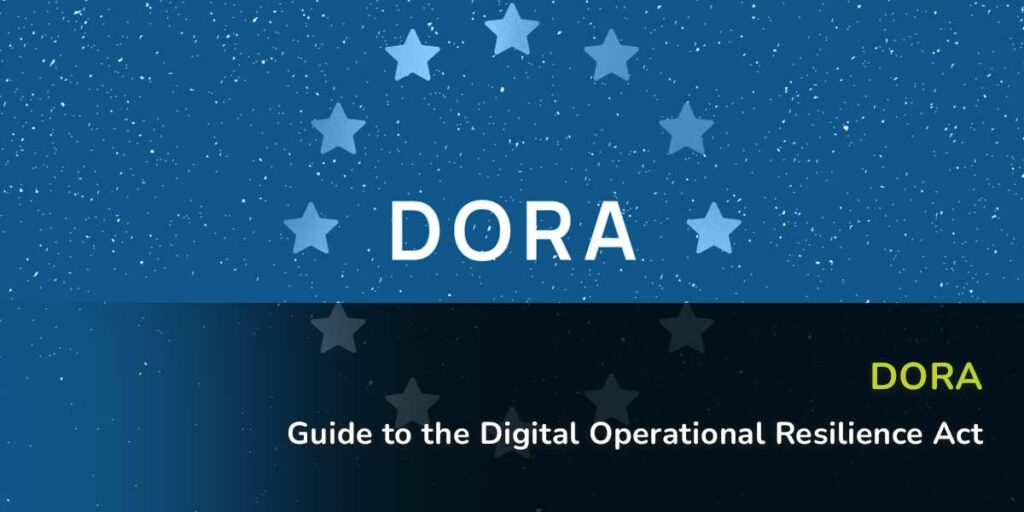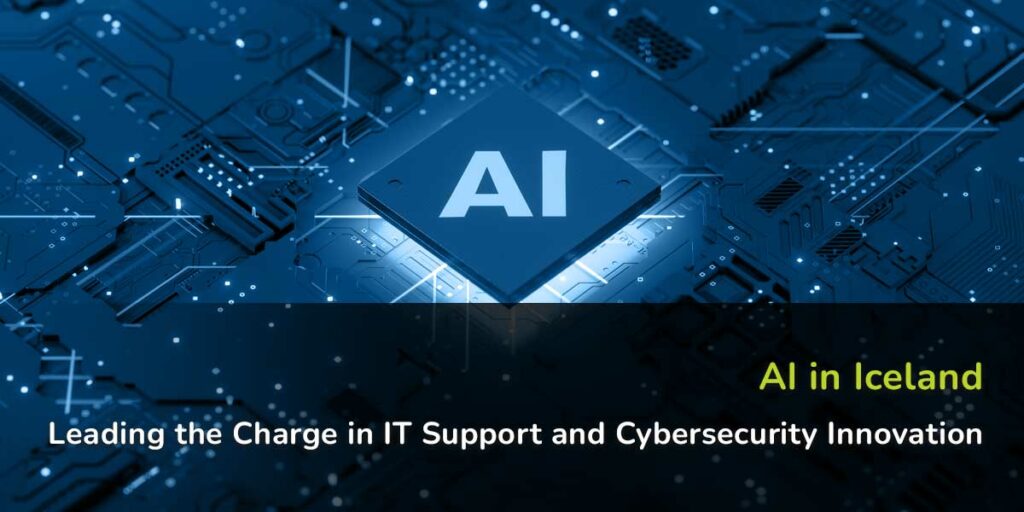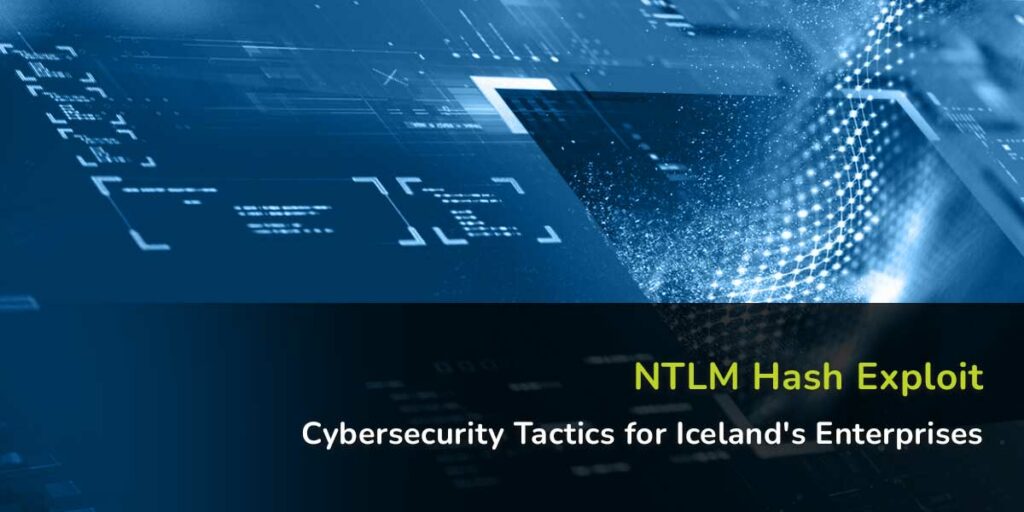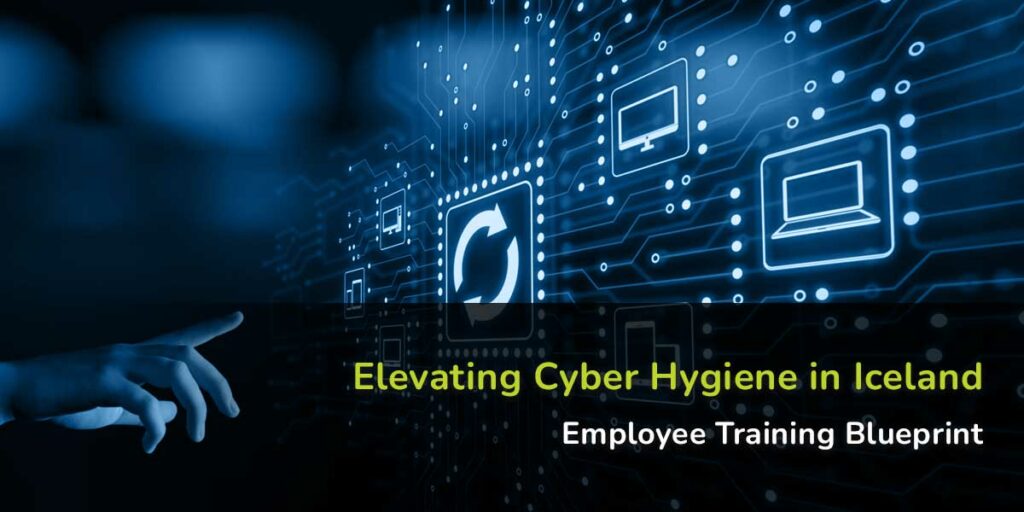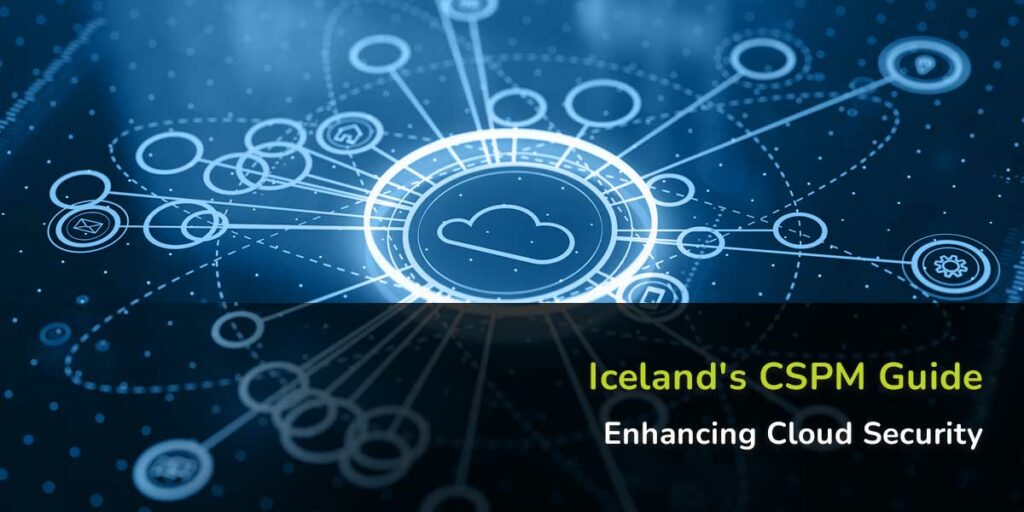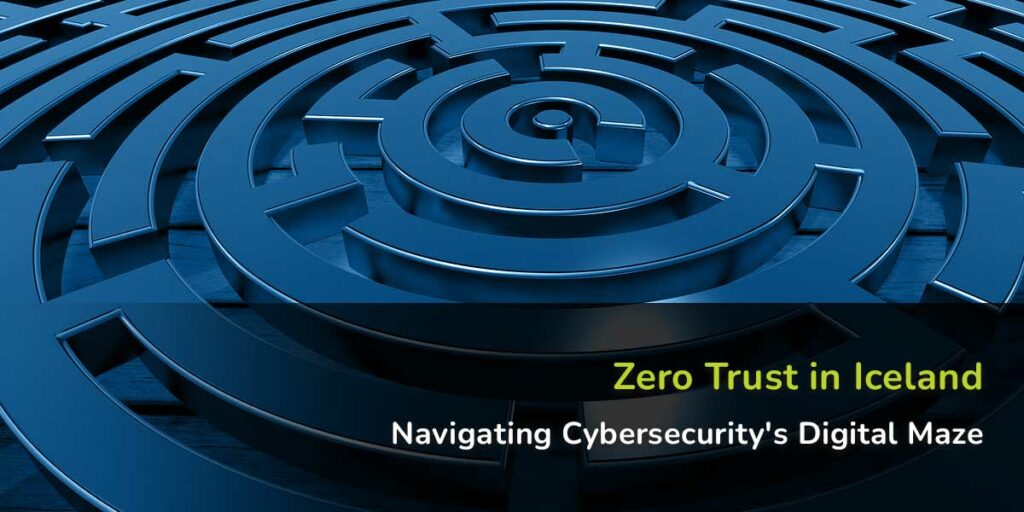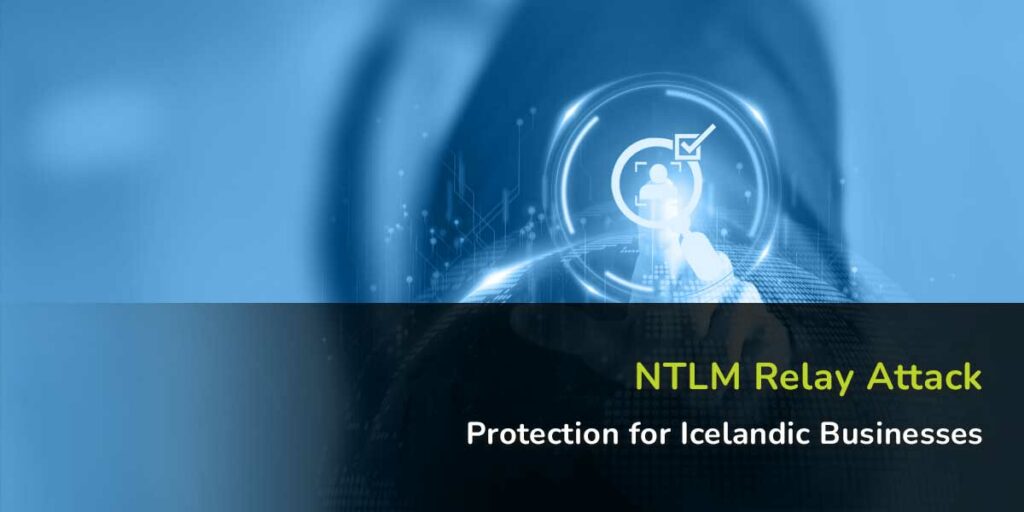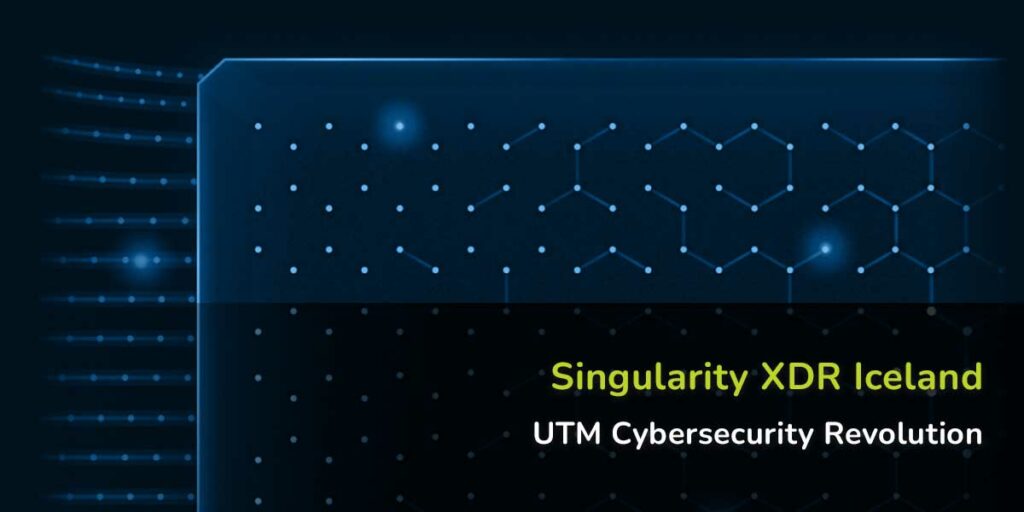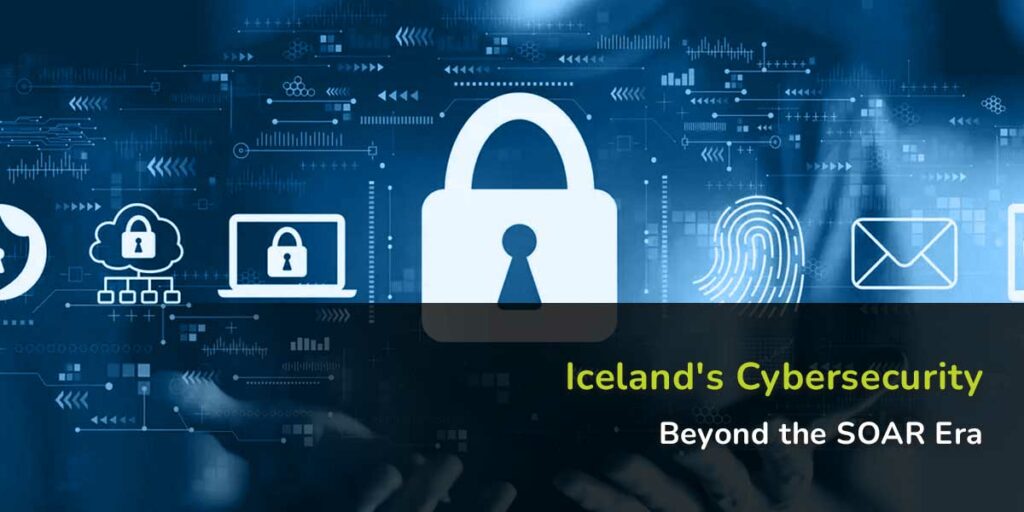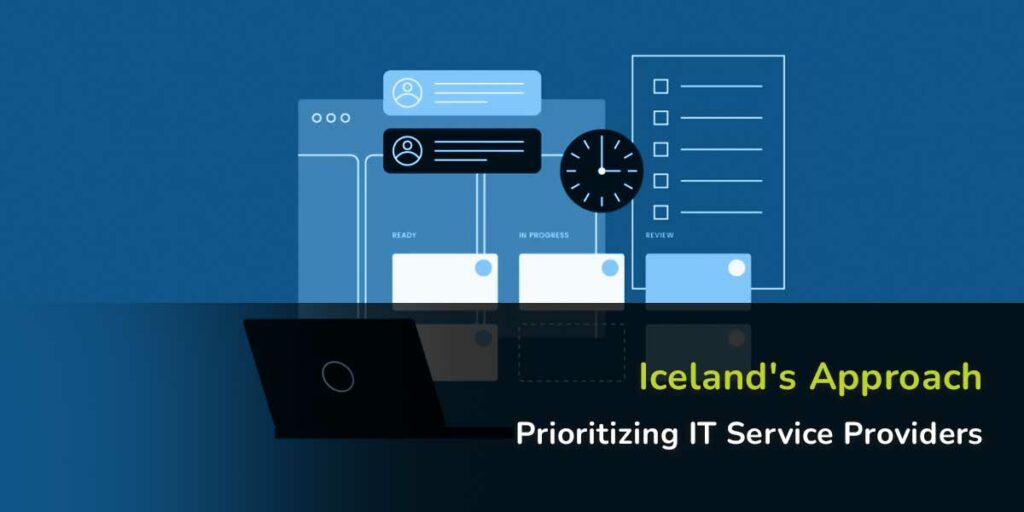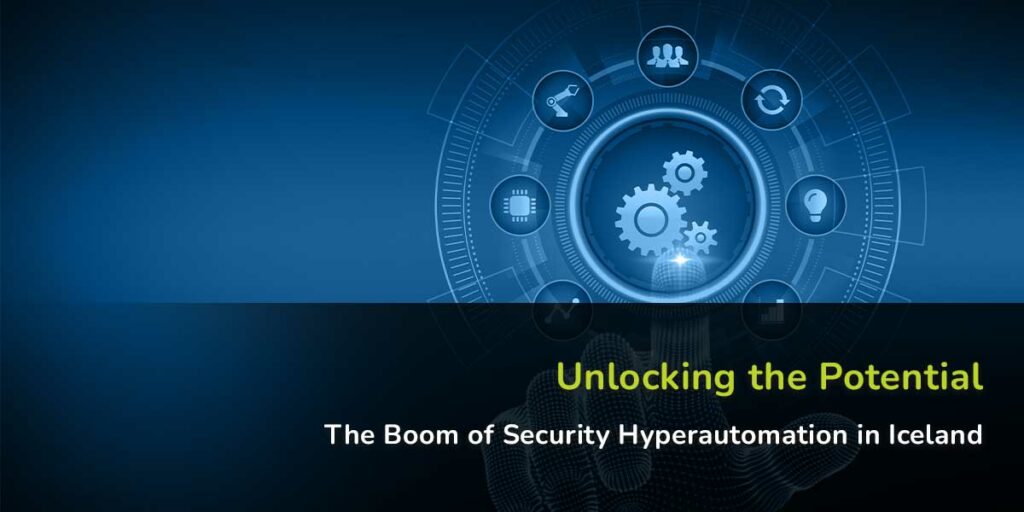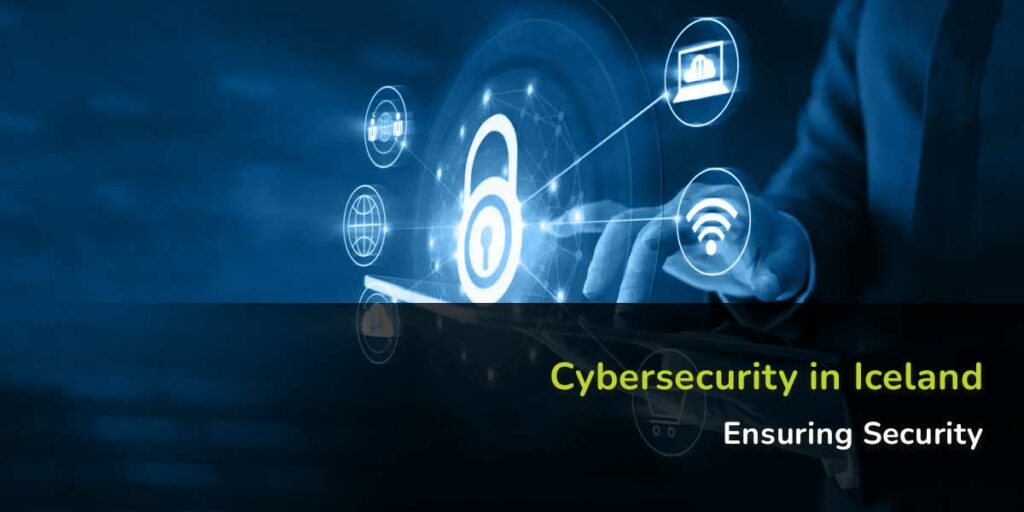As Iceland’s businesses continue to embrace digital innovation, the importance of cybersecurity has never been more pronounced. This island nation, known for its technological advancement and robust internet infrastructure, is not immune to the global challenges of cyber threats. This article explores the common cybersecurity risks that Icelandic businesses face, underscoring the importance of proactive measures and heightened awareness.
The Persistent Threat of Phishing Attacks
Phishing remains a significant threat worldwide, and Icelandic businesses are no exception. These deceptive tactics involve tricking individuals into revealing sensitive information. Businesses in Iceland must educate their employees on how to recognize and respond to such threats effectively.
Malware and Ransomware: A Growing Concern
The rise of malware, including ransomware, is a global issue that Icelandic businesses must contend with. These malicious programs can disrupt operations by stealing or encrypting valuable data. Keeping systems updated and investing in reputable antivirus solutions are key defenses against these threats.
Data Breaches: Protecting Digital Assets
In an age where data is invaluable, the risk of breaches is a serious concern for Icelandic businesses. These incidents can result from external hacking or internal vulnerabilities. Implementing strong encryption and access controls is crucial in safeguarding sensitive information.
Network Security: Fortifying Digital Defenses
Unauthorized network intrusions can lead to significant data and financial loss. Strengthening network security with advanced firewalls and intrusion detection systems is vital for Icelandic businesses to protect their digital infrastructure.
Insider Threats: The Hidden Danger
Internal security risks, often overlooked, can lead to significant breaches. Establishing stringent data access policies and conducting regular security audits are effective strategies to mitigate these risks.
Bridging the Cybersecurity Awareness Gap
Despite Iceland’s technological prowess, a gap in cybersecurity awareness can pose a risk. Regular training and awareness programs can empower employees to identify and avert potential cyber threats.
Infrastructure Challenges: Keeping Pace with Technology
To combat cyber threats effectively, Icelandic businesses need to invest in modern, secure technological infrastructure. This includes regular updates to hardware and software to guard against evolving cyber threats.
Social Engineering: Tackling the Human Element
Social engineering attacks exploit human psychology to bypass security measures. Comprehensive employee training to recognize and counter these tactics is essential.
DDoS Attacks: Safeguarding Online Operations
For businesses heavily reliant on online services, DDoS attacks pose a significant threat. Implementing robust DDoS protection is crucial to ensure uninterrupted online operations.
Legal and Regulatory Compliance: Staying Informed
Icelandic businesses must navigate a landscape of evolving data protection and privacy regulations. Staying informed and compliant is essential to avoid legal repercussions and fines.
Conclusion: Embracing Proactive Cybersecurity
For Icelandic businesses, the journey toward robust cybersecurity is ongoing. By investing in strong security measures, fostering an environment of cybersecurity awareness, and staying updated on the latest cyber threats, businesses can protect their digital landscapes.
In the world of cybersecurity, being proactive is the key to ensuring safety and resilience.

